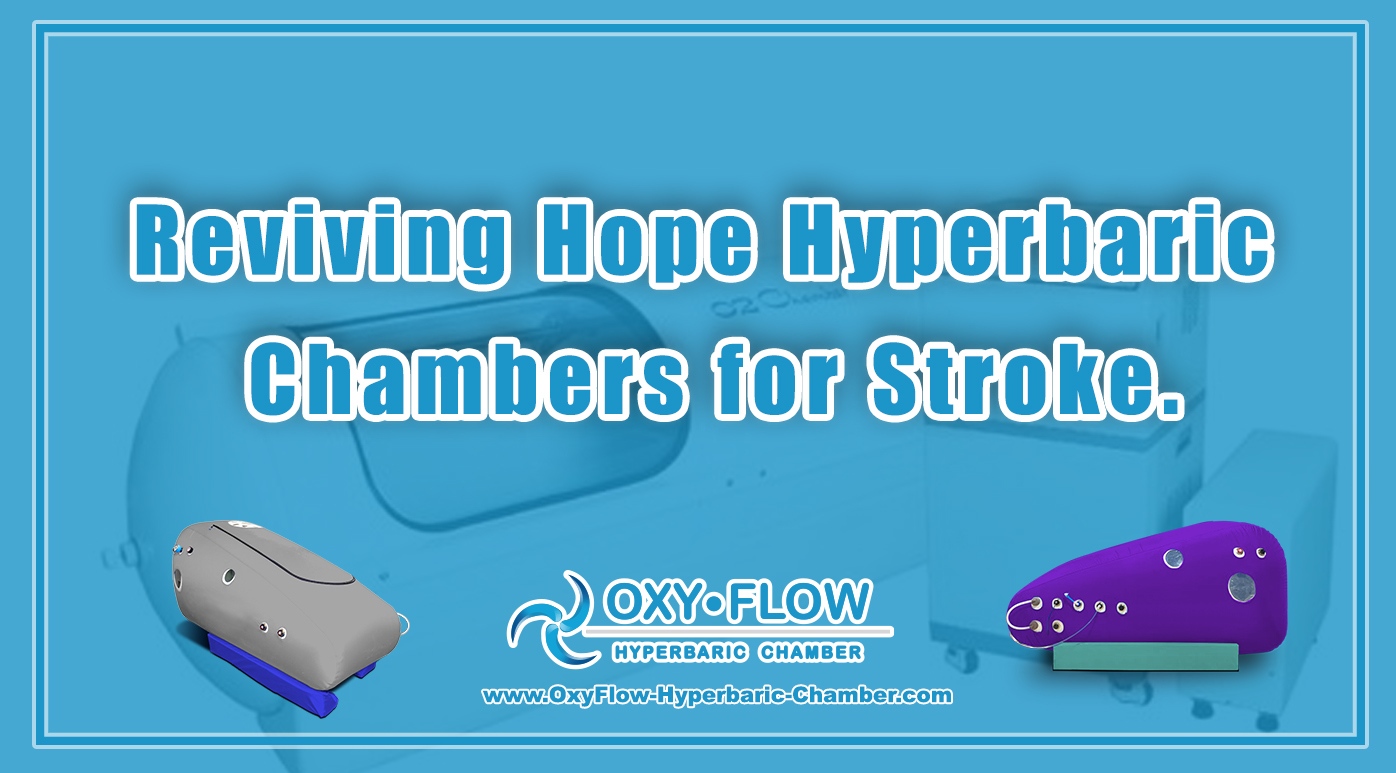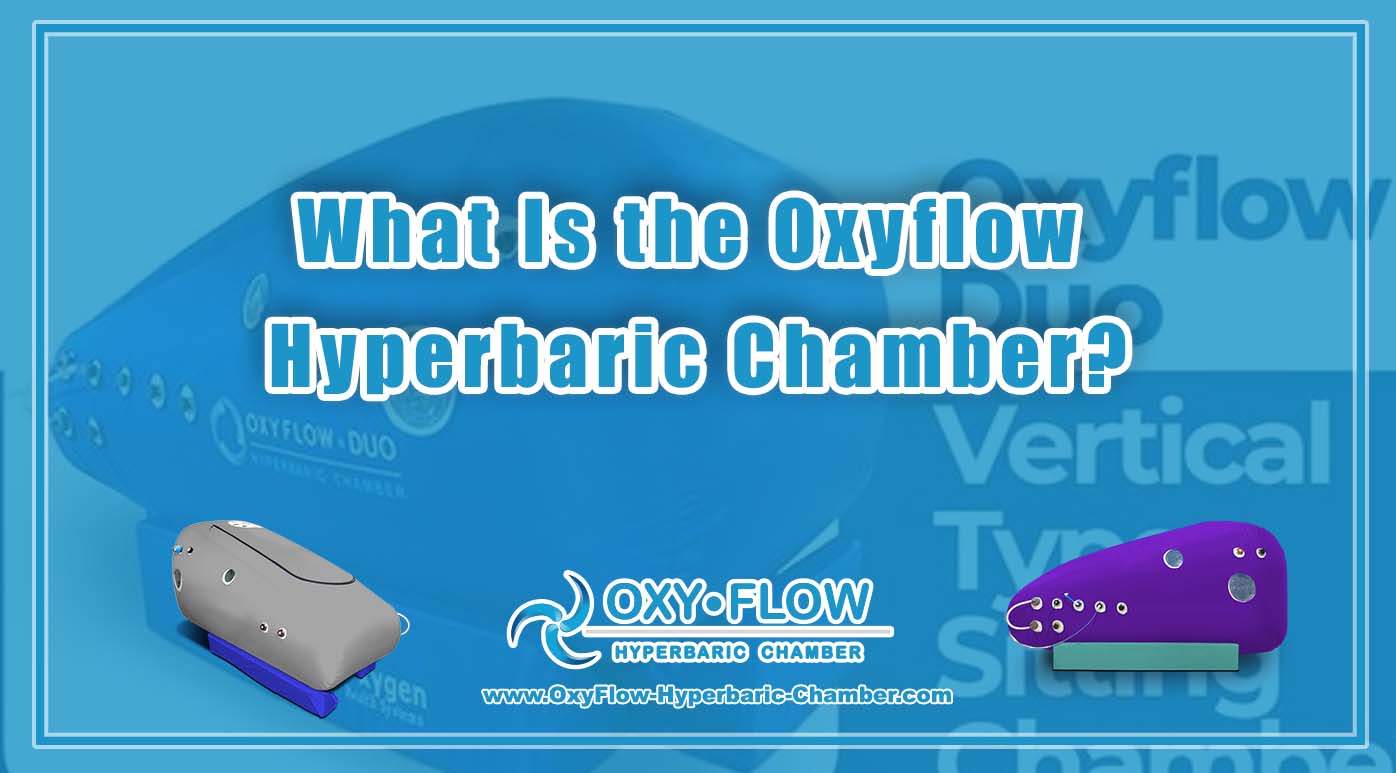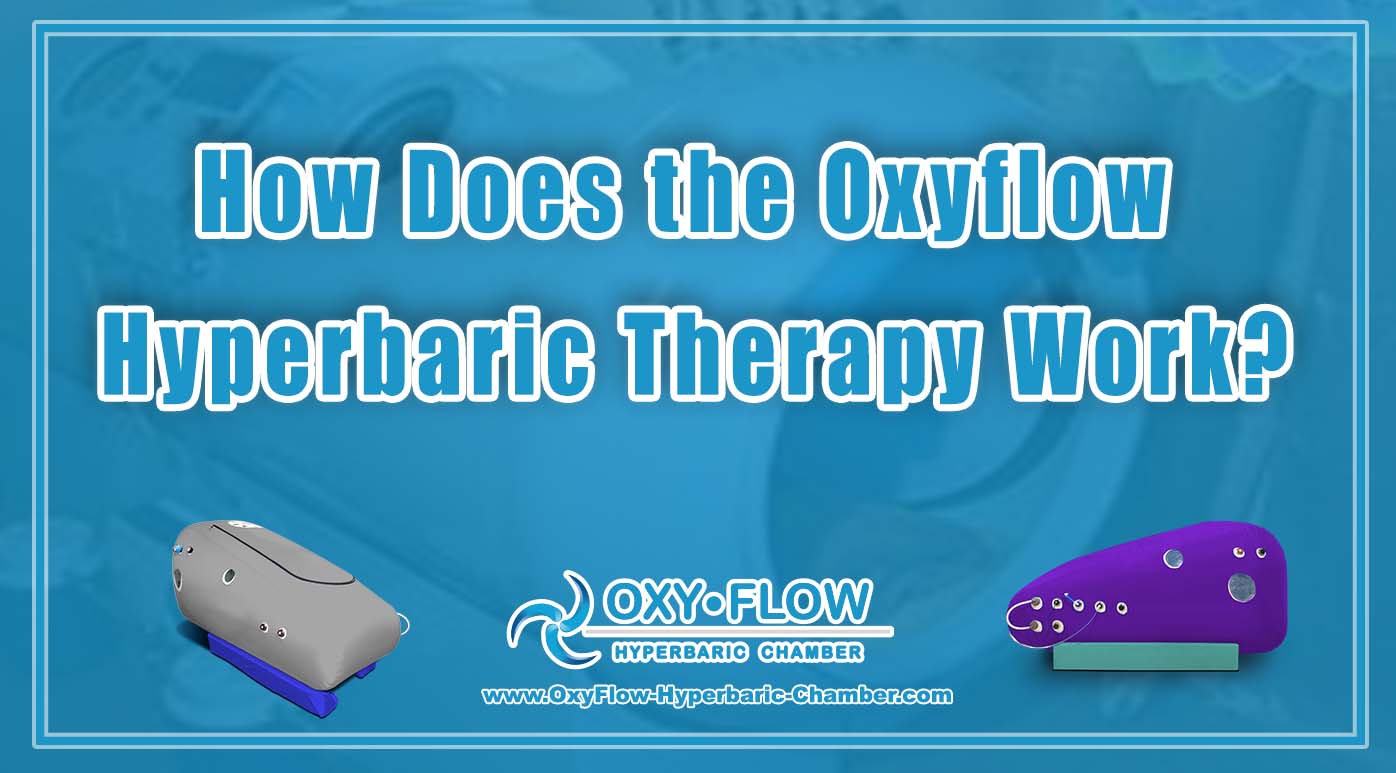
Reviving Hope | Hyperbaric Chambers for Stroke.
Reviving Hope | Hyperbaric Chambers for Stroke.

Reviving Hope Stroke is a significant health concern that affects millions of people worldwide each year. The aftermath of a stroke can be debilitating, as survivors often struggle with various physical, cognitive, and emotional challenges. However, there is new hope on the horizon in the form of hyperbaric chambers, which show promising results in aiding stroke recovery.
Understanding the Impact of Stroke.
A stroke occurs when the blood supply to the brain is interrupted, leading to the death of brain cells. The effects of a stroke can vary depending on the severity and location of the brain damage. Common issues experienced by stroke survivors include paralysis, speech difficulties, memory loss, and emotional disturbances. These challenges can significantly impact a person’s quality of life and independence.
The Role of Hyperbaric Chambers in Stroke Recovery.
Hyperbaric oxygen therapy (HBOT) involves breathing pure oxygen in a pressurized environment, typically inside a hyperbaric chamber. This treatment is known for its effectiveness in treating various medical conditions, including decompression sickness, non-healing wounds, and carbon monoxide poisoning. Recent studies have also explored the potential of HBOT in stroke recovery.
When a person undergoes HBOT, the increased oxygen levels in the bloodstream can promote the healing of damaged tissues, reduce inflammation, and stimulate the growth of new blood vessels. These mechanisms are crucial in the recovery process following a stroke, as they help enhance brain function and repair the affected areas.
Research Supporting the Efficacy of HBOT for Stroke.
Several studies have shown promising results regarding the use of hyperbaric chambers in stroke recovery. Research published in medical journals has highlighted the positive impact of HBOT on various aspects of stroke rehabilitation, such as motor function, cognitive abilities, and quality of life.
One study found that stroke survivors who received hyperbaric oxygen therapy showed significant improvements in motor skills and daily activities compared to those who did not undergo the treatment. Additionally, research suggests that HBOT may help reduce post-stroke inflammation, which is a key factor in the progression of brain damage.
Reviving Hope Enhancing Recovery with a Multimodal Approach.
While hyperbaric chambers offer potential benefits in stroke recovery, they are most effective when used as part of a comprehensive treatment plan. A multimodal approach to stroke rehabilitation may include various therapies such as physical and occupational therapy, speech therapy, medications, and lifestyle modifications.
By combining HBOT with other evidence-based treatments, healthcare providers can create personalized recovery strategies that address the unique needs of each stroke survivor. This holistic approach aims to maximize functional outcomes, improve independence, and enhance overall well-being.
Reviving Hope Conclusion.
In conclusion, hyperbaric chambers have emerged as a promising intervention in stroke recovery, offering new hope to individuals affected by this life-altering condition. The therapeutic benefits of hyperbaric oxygen therapy, such as tissue regeneration and inflammation reduction, contribute to the restoration of brain function and quality of life following a stroke.
As research in this field continues to advance, the integration of hyperbaric chambers into standard stroke rehabilitation protocols may become more common. By harnessing the healing power of HBOT and adopting a comprehensive treatment approach, healthcare professionals can help stroke survivors embark on a journey of recovery, resilience, and renewed hope.


